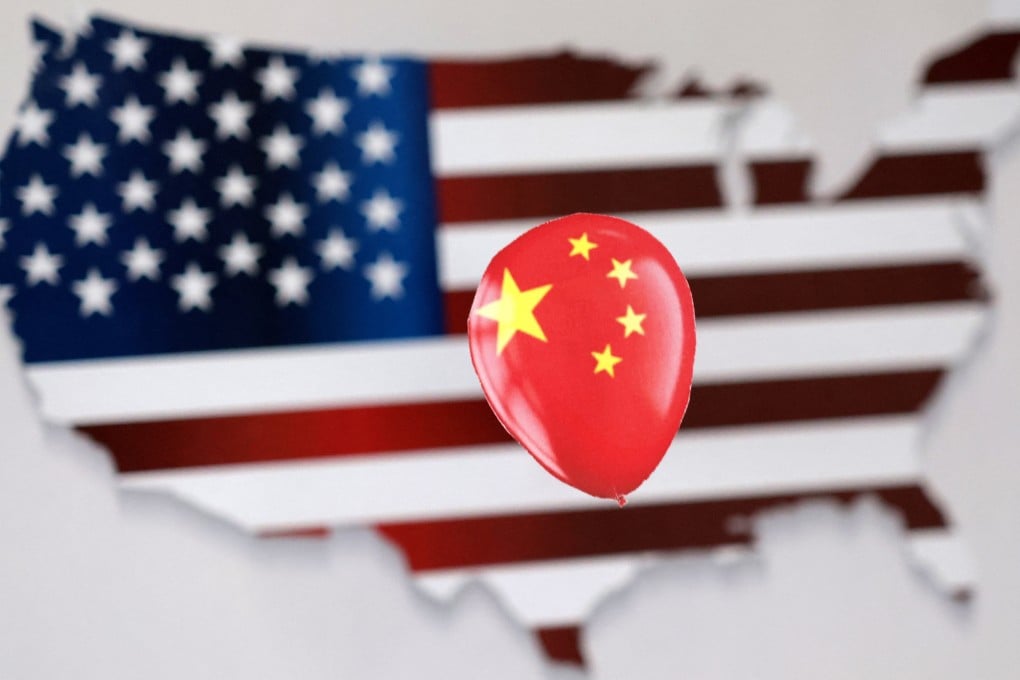Opinion | The adversarial thrust of US policy on China makes it hard for Beijing to develop trust
- The US seeks cooperation while also reserving the right to compete and confront. But for China, every confrontation diminishes its willingness to collaborate and trust

Since 1949, trust has been a central topic of US-China relations, having never been fully achieved. Standing in the way is a difference in mindset.
While the Biden administration’s strategy vis-à-vis China is threefold – competition, cooperation and confrontation – Beijing sees all foreign affairs as integral to the diplomatic relationship. A confrontation in one aspect causes collaboration to deteriorate in others.
At the core is sovereignty and territorial integrity. Last September, China’s top diplomat Wang Yi spoke about the “principles of respect” for sovereignty and territorial integrity at the Asia Society, stressing that “without respect, no trust can be built”. For Beijing, any threat to China’s sovereignty and territorial integrity incurs the biggest trust deficit.
.jpg?itok=x0siYlPn&v=1678086308)